In the fast-paced world of pharmaceuticals, precision, efficiency, and compliance are paramount. IncepBio is your trusted partner in harnessing the power of automation to revolutionize your operations. With our comprehensive suite of automation services tailored to the pharmaceutical industry, we empower you to meet the demands of today’s competitive market.
The system design and implementation optimizes production sequences and reduces idle time, leading to faster batch completion and higher output.
The system design allows for more efficient use of resources and equipment, resulting in an increased production rate without sacrificing quality.
The system design streamlines changeover processes, reducing downtime and enabling quicker transitions between different products or batches.
By minimizing resource wastage and optimizing resource utilization, process automation system design leads to cost savings in batch production.
Automation engineers design the system to produce each batch with greater consistency and accuracy, resulting in higher yield and product quality.
Automation systems are designed and implemented so that raw material losses are reduced, thus reducing costs.
As a result of the automation system design, the process automation system can handle a larger number of scheduled recipes, enabling flexibility and adaptability in production planning.
Automation seeks to minimize the need for human intervention in specific tasks or processes. This can involve the complete or partial replacement of human labor with automated systems resulting in reduced risk of human errors, enhancing operator safety, and significantly enhancing data integrity.
Over the life cycle of your manufacturing process, automation can lead to cost savings by reducing the need for extensive engineering support and modifications.
The design of the automation system ensures that production data are captured efficiently, reducing the time and effort required to manually enter batch data.
Automation system design provides a larger quantity of higher-quality data, which is easily accessible for analysis. This data availability enhances decision-making and process optimization.
Automation solutions can be scaled up or down to accommodate changes in demand or production requirements, making them flexible and adaptable.
Automation reduces cycle times, minimizes downtime, and increases production capacity, resulting in improved overall efficiency.
Automation ensures consistent product quality by minimizing variations and errors in the manufacturing process.
By reducing the need for human labor and optimizing resource usage, industrial automation can lead to cost savings.
Automation can handle hazardous tasks, improving workplace safety by reducing the risk of accidents and exposure to dangerous conditions.
Automation systems can be easily reconfigured to adapt to changing production requirements and product variations.
Automation systems provide valuable data for analysis and decision-making, helping organizations optimize processes and make informed choices.


Incepbio offers fully customized automation solutions tailored to the unique needs of pharmaceutical and biotech manufacturing facilities. From the development of system specifications to the final validation, we provide a complete suite of services.
We begin by clearly defining the business drivers for the automation. What specific tasks or processes do you want to automate, and what goals do you aim to achieve? Identify the scope of the automation project.
Automation strategy associated with the control activities and manufacturing operations management will be developed and the degree of automation will be established and documented as shown in the Figure 1. This initial phase is critical in ensuring that the automation solution aligns perfectly with the client's production requirements.
Based on the automation strategy, design specifications will be developed for the identified applications. We will develop an integration agreement. The requirements detail necessary to define the desired data connection between the identified applications in order to implement a complete system that can lead to an automated process able to generate a flow of data on multiple levels, no matter what type of applications are being used, will be documented in the interface agreement. Appropriate hardware and software based on the approved design will be selected.
Incepbio skilled automation engineers will develop and implement the software needed to control and monitor the manufacturing process. Such software will be developed based on good programming practices.
Implementing automation services in an organization involves a systematic approach to ensure successful integration and realization of benefits. Here’s a systematic process on how we implement automation services effectively
We begin by clearly defining the objectives of automation. What specific tasks or processes do you want to automate, and what goals do you aim to achieve? Identify the scope of the automation project.
We conduct a thorough assessment of your current processes, workflows, and systems. Identify pain points, bottlenecks, and areas where automation can provide the most value.
We establish detailed requirements for the automation solution. What are the functional and technical requirements, and what are the performance and security criteria that must be met?
We Research automation solutions and technologies that align with your requirements. Consider factors such as scalability, compatibility, ease of integration, and cost. We help you choose the most suitable automation tools or systems.
We then develop a comprehensive implementation plan that outlines the steps, timeline, and responsible parties for the automation project. This also includes contingency plans for potential issues or delays.
Later, we design the automation workflows and processes. Develop or configure the automation system, including writing scripts, creating logic, and defining triggers. We do ensure that the design complies with industry best practices.
We integrate the automation system with existing infrastructure, databases, and systems. Test data flow and communication between different components to ensure seamless operation.
Subsequently, we conduct thorough testing to validate the automation system. Test scenarios shall include normal operation, edge cases, and error handling. We also resolve any issues and bugs that arise during testing.
Gradually we deploy the automation system into the production environment. Monitor its performance and ensure that it meets the defined objectives and KPIs.
Finally, we provide training to staff who will operate and maintain the automation system. Ensure that team members understand how to use and troubleshoot the system effectively.
We maintain comprehensive documentation of the automation system, including configurations, workflows, and procedures. This documentation is crucial for, compliance, future reference, and troubleshooting.
Ultimately, we ensure that your automation system complies with relevant industry regulations and data security standards by Implementing robust security measures to protect sensitive data.
By following the above process, we help organizations systematically plan, implement, and maintain automation services, ensuring they deliver the intended benefits and contribute to operational excellence.
Our automation services are designed to help pharmaceutical companies meet the rigorous demands of the industry, and to support their efforts to produce high-quality products that meet regulatory requirements and industry standards.







No. 24, 22nd Main,
Marenahalli, J P Nagar 2nd Phase,
Bengaluru-560078
Follow us on
Copyright © 2025 IncepBio